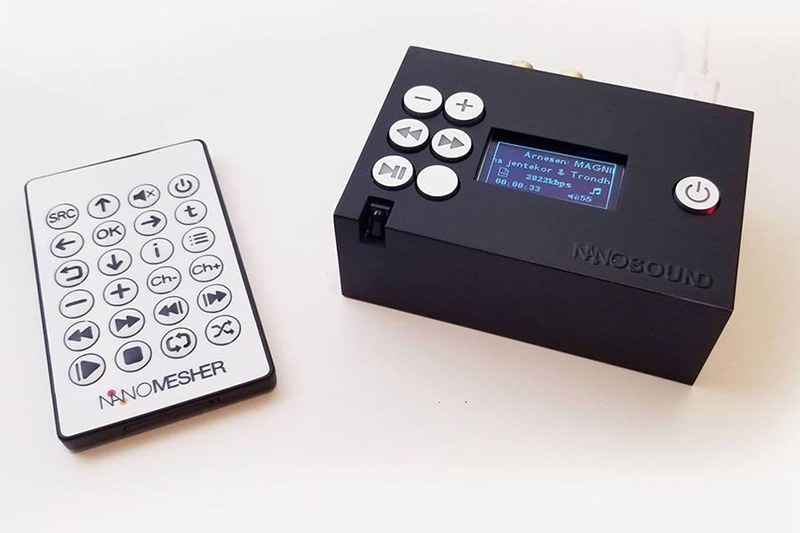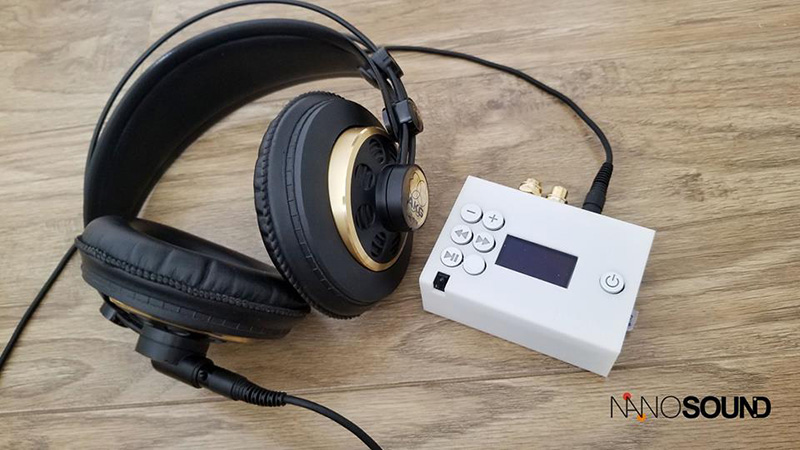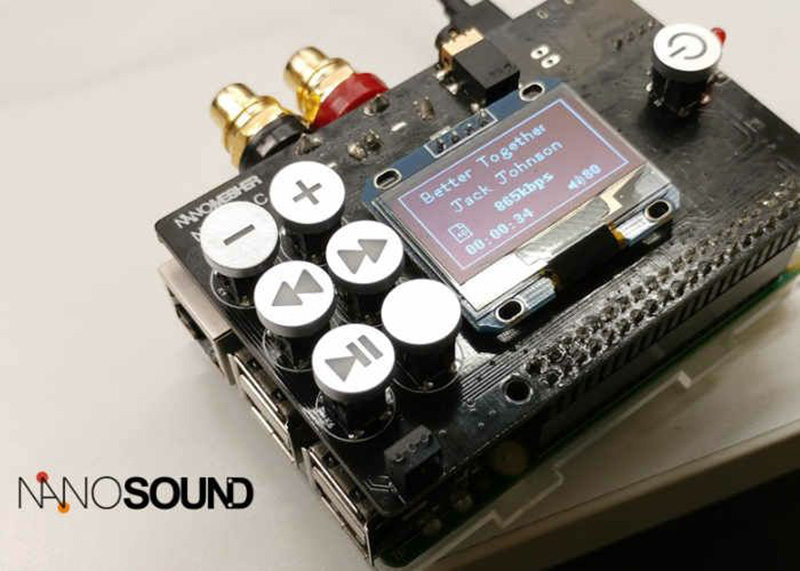Venchilli Leung, co-founder of Nanomesher with her husband Andrew, lifts the lid on their latest invention, NanoSound – the first user-friendly, audio add-on board for music lovers.
It doesn’t take much for Venchilli Leung, co-founder of Nanomesher, to break a smile when describing her husband, Andrew Lai. The entrepreneurial duo design IoT (Internet of Things) tools for amplifiers, speakers and Raspberry Pi components. Most impressively, their latest invention, NanoSound had raised more than HK$ 143,314 from just 274 backers on Kickstarter.

It’s no coincidence that Andrew Lai and Venchilli Leung decided to launch an IoT startup. Back in the day, at a time when people still listened to CD players in their cars, Venchilli recalls, “the first thing Andrew built was an in-car MP3 player. He didn’t even realise then that the integration of an MP3-player in the auto industry would go on to become the standard – he just kept it for us because it was his little project.”
Over a casual conversation, the turning point for them came in April 2016 when they noticed the rising demand for wireless audio and portable sound systems in Hong Kong. Armed with a business background and a passion for audio technology, Venchilli and Andrew discovered how difficult it was to find professional audio devices at a lower price in Asia. “Entry-level audio systems started at approximately HK$5000. So we thought, ‘can we offer something with the same sound quality for a fraction of the price?”

Nanomesher offers different IoT products, but their best-selling audio board NanoSound has already raised more than HK$143,314 from 274 backers and looks like it might be their most promising. The product might not be new in the industry, but it’s the first user-friendly version – an audio add-on board for audiophiles that’s easier to navigate and work into one’s life. Venchilli explains, “most audio boards are hard to use and the installation process usually requires a tech-savvy person to operate them. We wanted to create something that a non-technical person could use.” Not that it excludes them either, as Venchilli also explains, “it’s an open source product, meaning that users can change and customise the features – making it perfect for those with a technical background.”

With clearly defined spheres of experience, the husband and wife team tend to divide and conquer. “He instinctively handles the product development and the technical aspects. I tackle the business side as I worked in the marketing industry before I shifted to Nanomesher full-time in June 2017.” Despite their impressive teamwork, the pair have experienced struggles along the way. Every detail of this project has been conceived and overseen by them, from the manufacturing process to partnering with factories, to dealing with user experience issues. “There is no work/life balance – it is strictly work and it takes over your social life, so be prepared to sleep less,” she warns of those wanting in on the game. “When you are in the middle of your startup, you just can’t waste time because the clock is ticking.”

With zero financial aid from friends or family and a lack of available funding in Hong Kong, Venchilli highlights the difficulties of getting backing, “the government is cautious when it comes to funding early-stage startups because they are worried if the company goes down, they will receive nothing in return. The funds out there are for established businesses looking for that extra cash – the government here has a very comprehensive selection criteria.”

In April 2017, the couple launched their first Kickstarter campaign for their Wireless HMI (Human Machine Interface,) but their plans didn’t stop there. In July 2017, the entrepreneurial couple launched their third crowdfunding campaign for NanoSound. With only 10% of backers for the project coming from Hong Kong, it’s evident the concrete jungle is no Singapore or Shenzhen when it comes to the tech startup scene. Yet that’s not to say it’s all uphill. When it comes to its geographical location, Venchilli thinks it is the perfect place. “It is good to launch a startup in Hong Kong. The factories are close by and the city is so international, so it’s easier to attract a wider audience.”
Details
nanomesher.com
Related Articles




